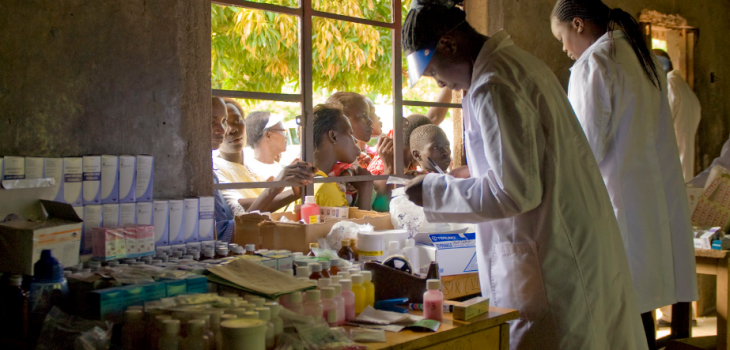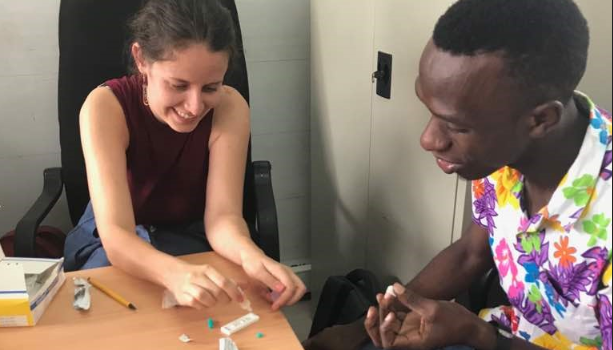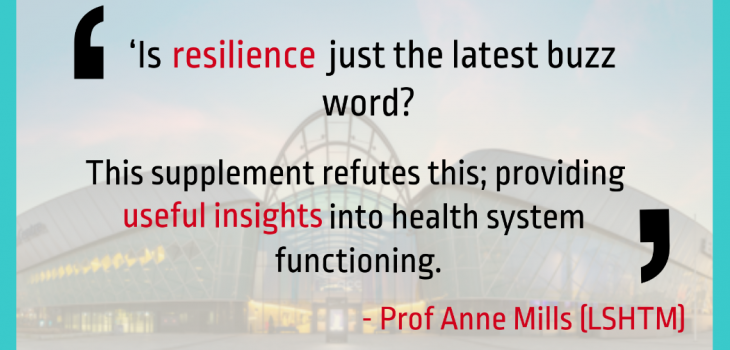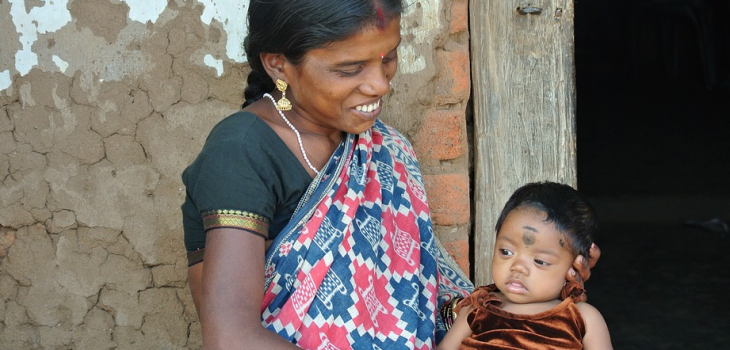By Ebiowei S.F Orubu (Niger Delta University) & Sachiko Ozawa (University of North Carolina at Chapel Hill)
What does access to medicines in health systems mean, and why is this of concern?
This special issue in the journal Health Policy and Planning entitled “Access to Medicines through Health Systems…
















